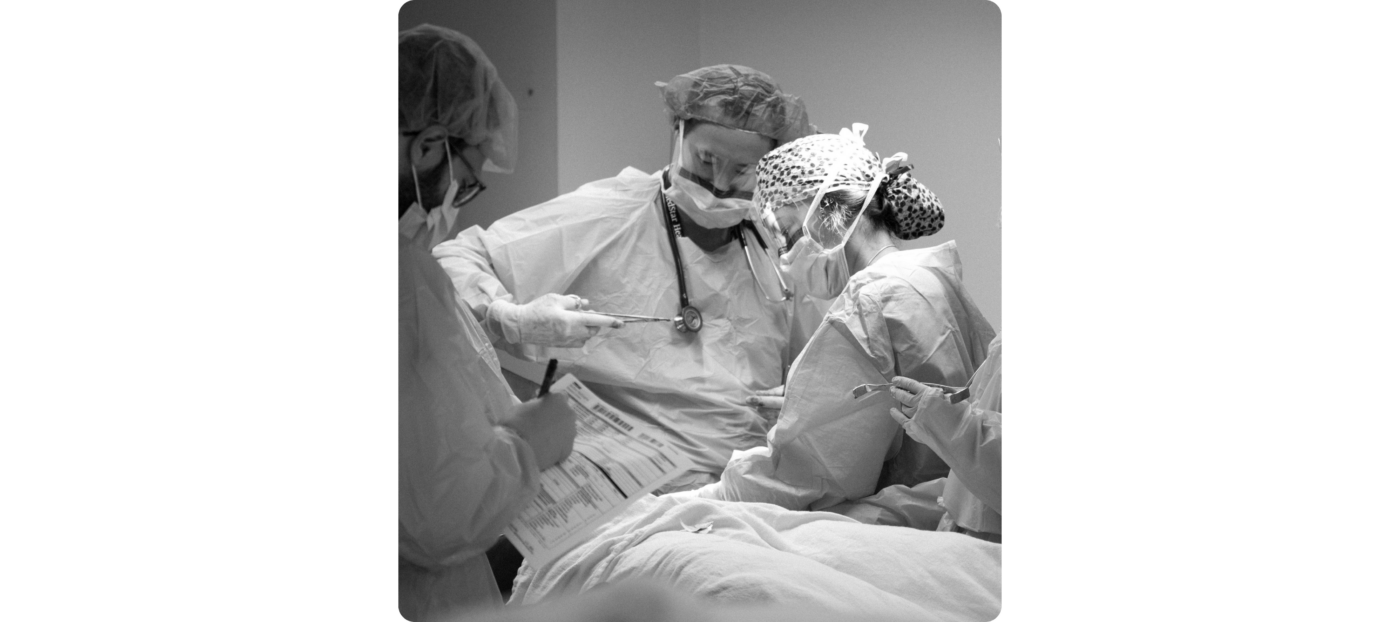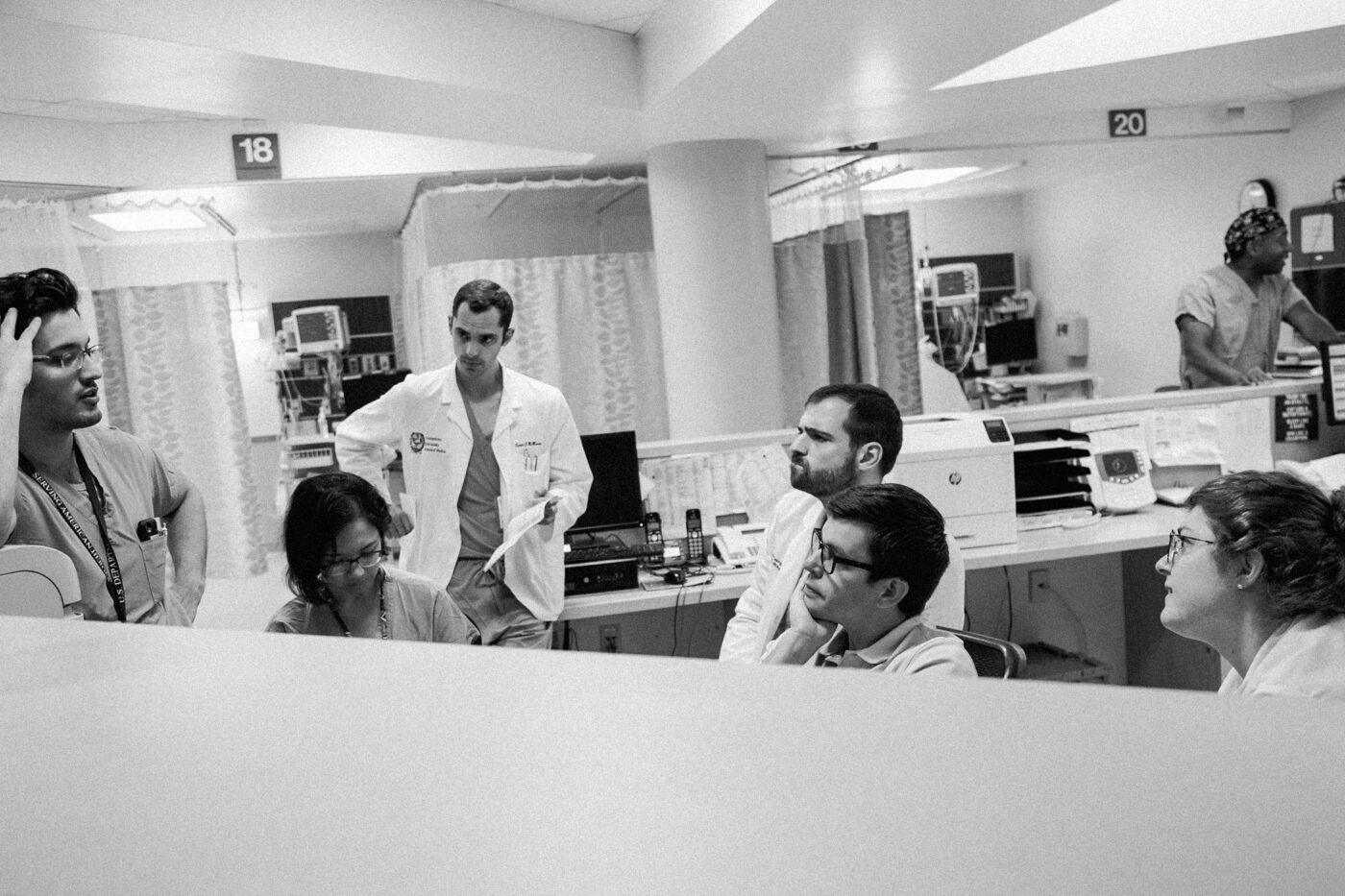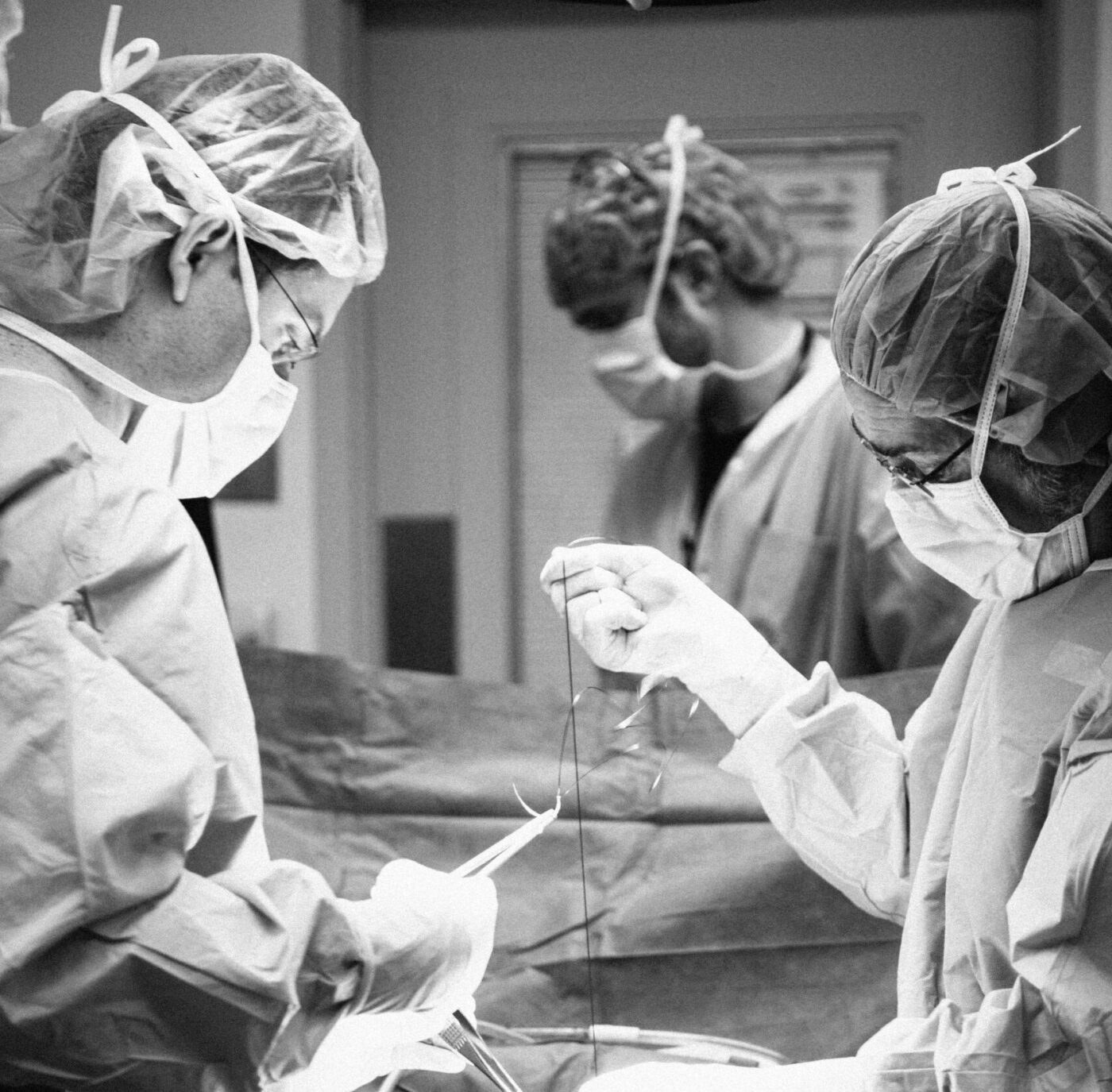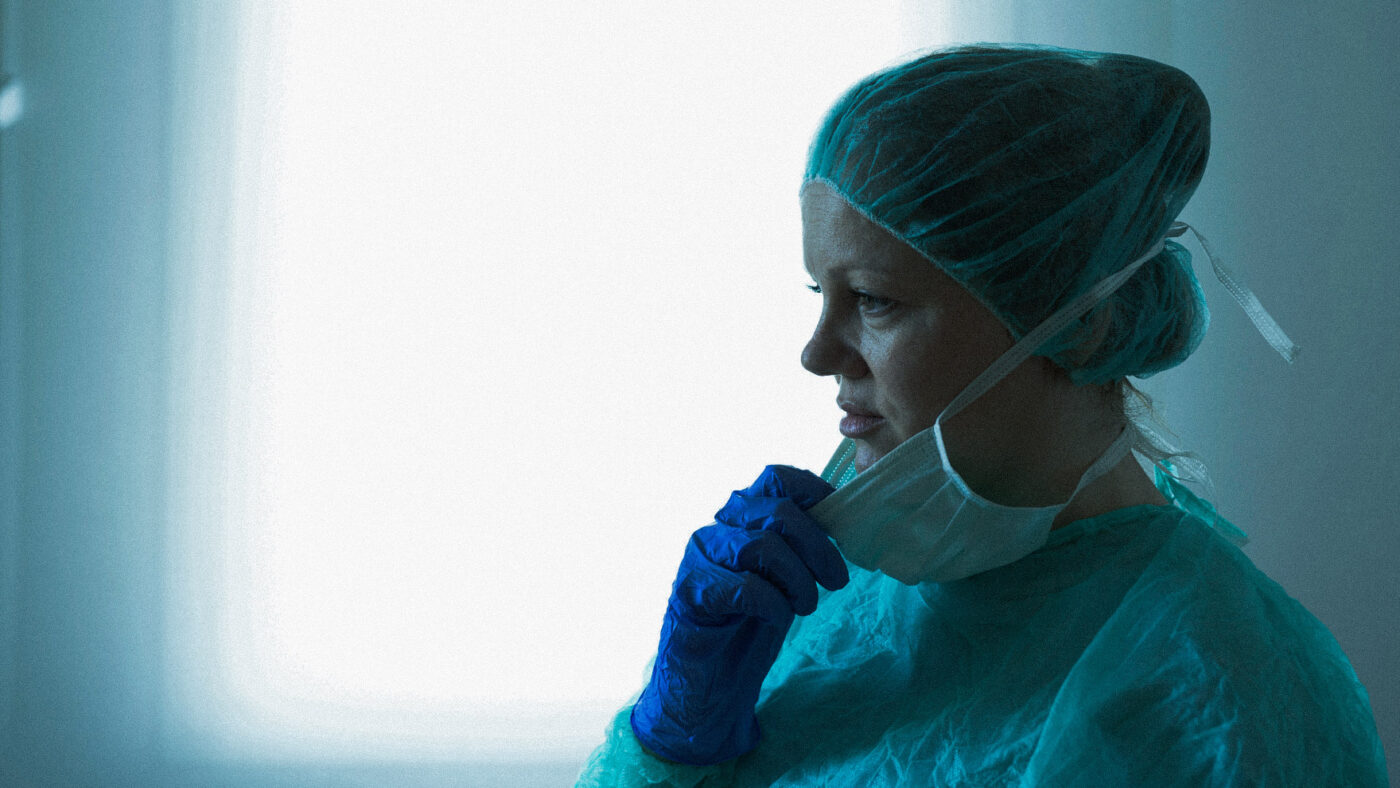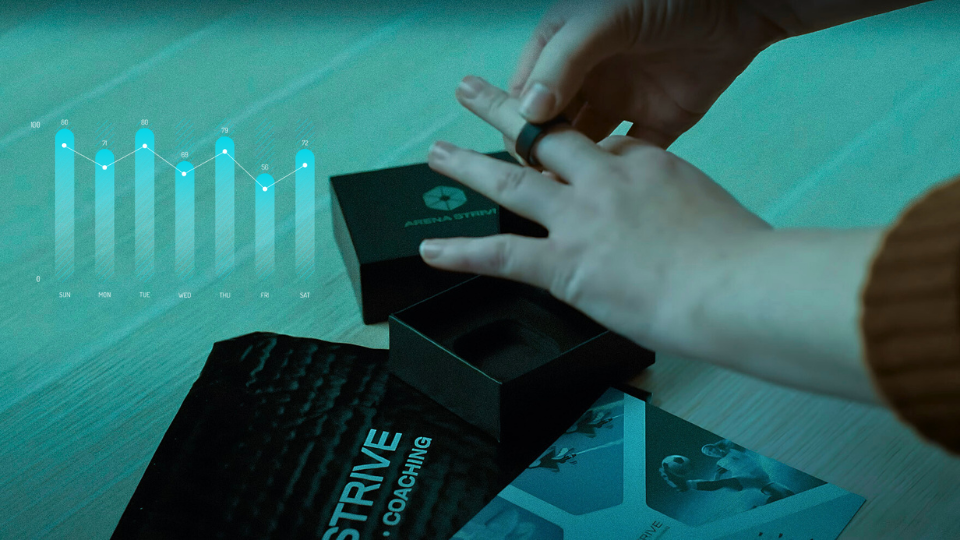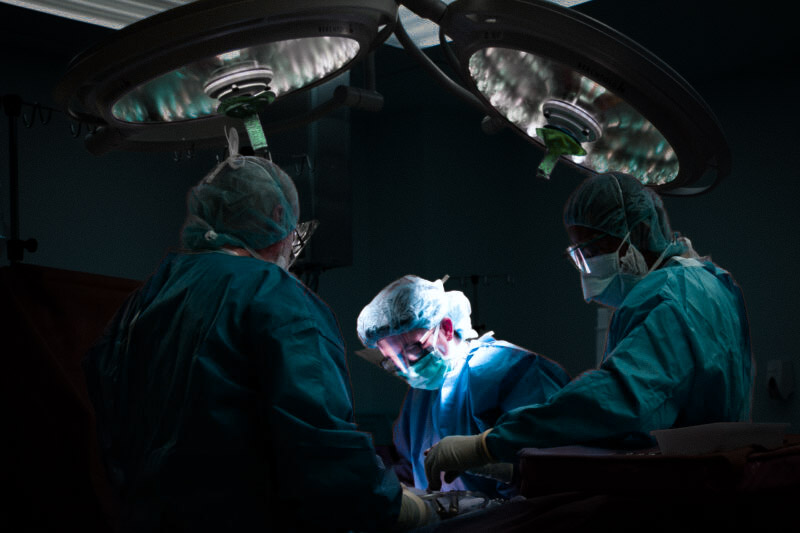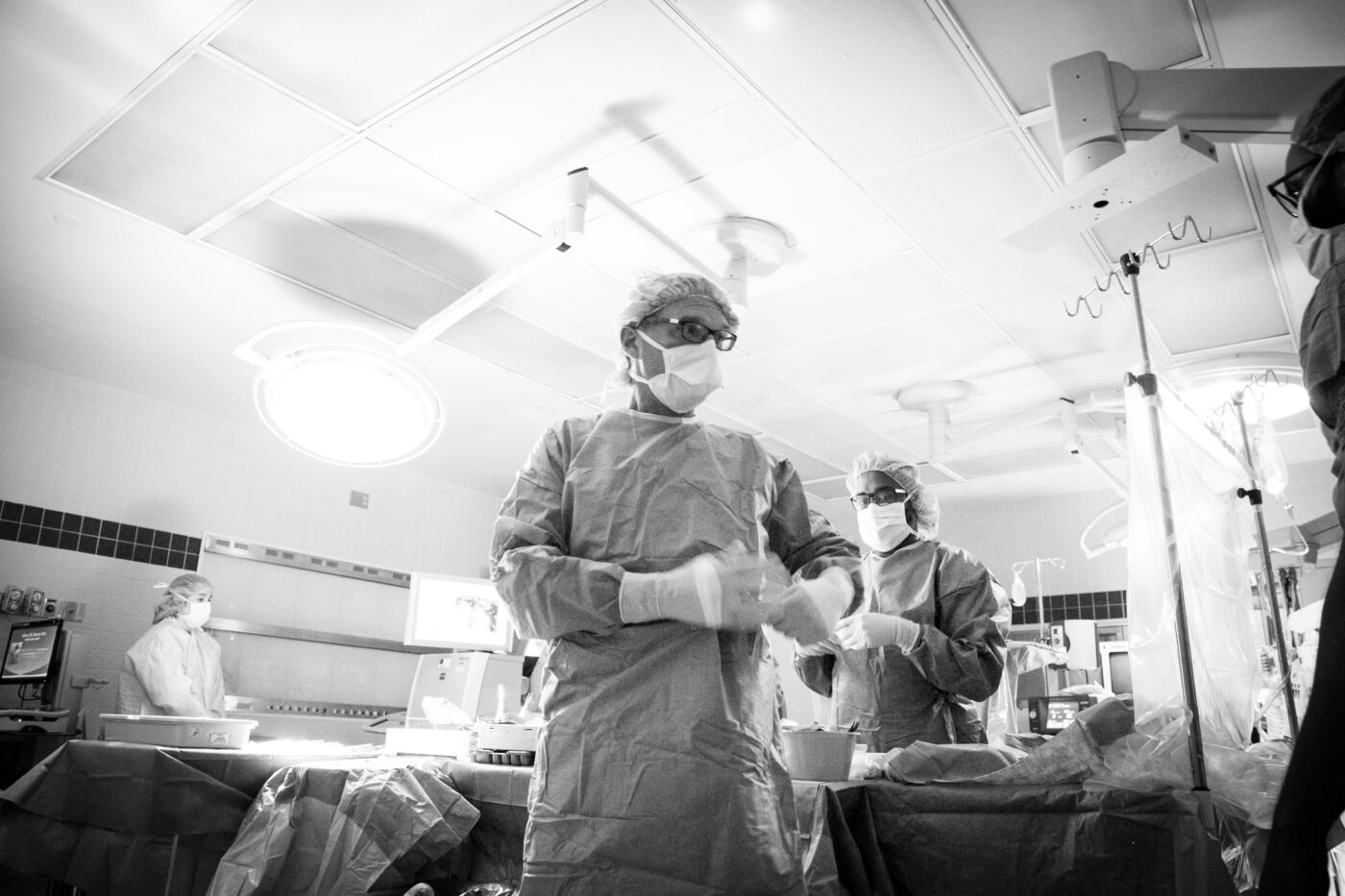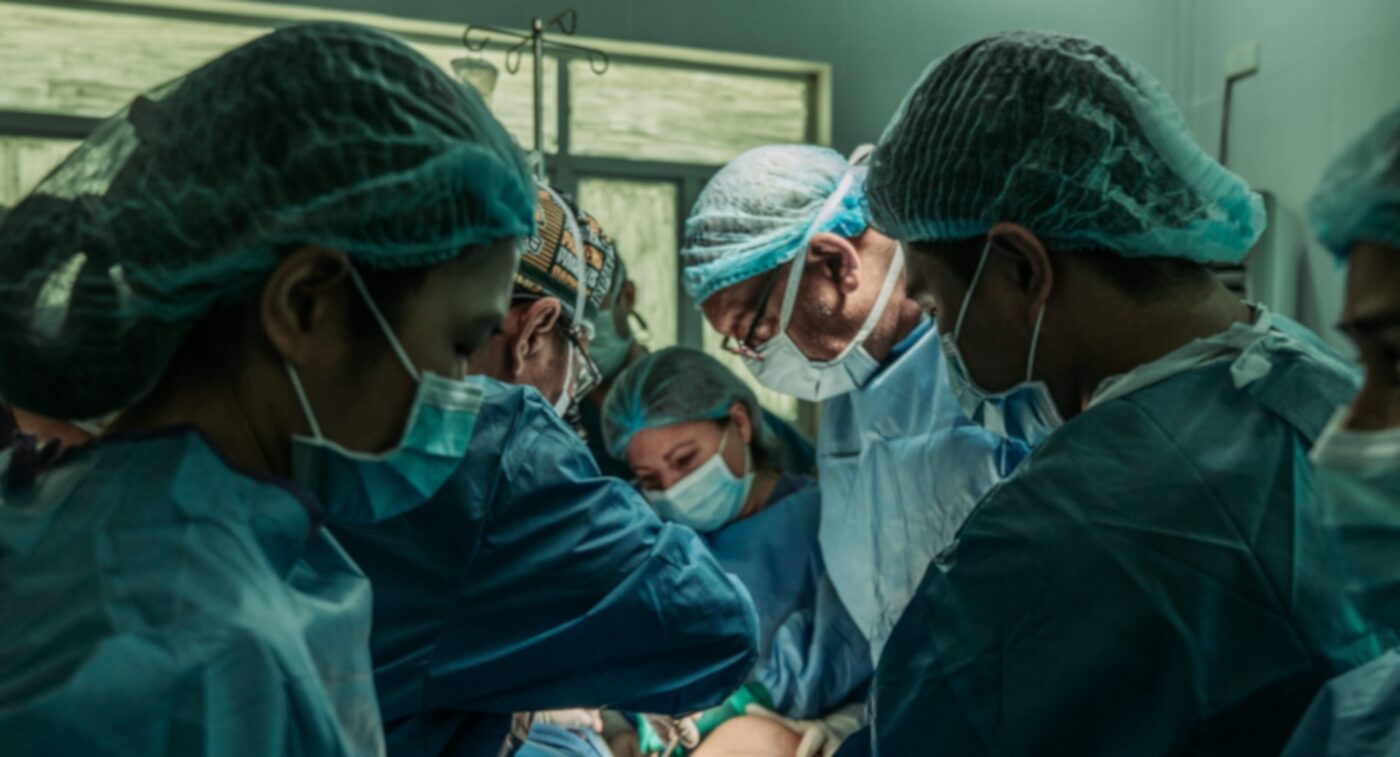
Set a Higher Standard at Your Hospital
unlock predictive performance™
How much do your physicians sleep at night?
What days do nurses feel the most stress?
Is burnout isolated to a single service line or hospital?
Arena Labs provides the missing dataset in healthcare: the health and wellbeing of your people.
Arena Strive delivers actionable, data-driven insights into your team’s health and performance, enabling you to foster a culture of excellence without ignoring the physiological toll of modern medicine. By investing in clinician wellness, your hospital can attract & retain the best people and deliver better patient outcomes.
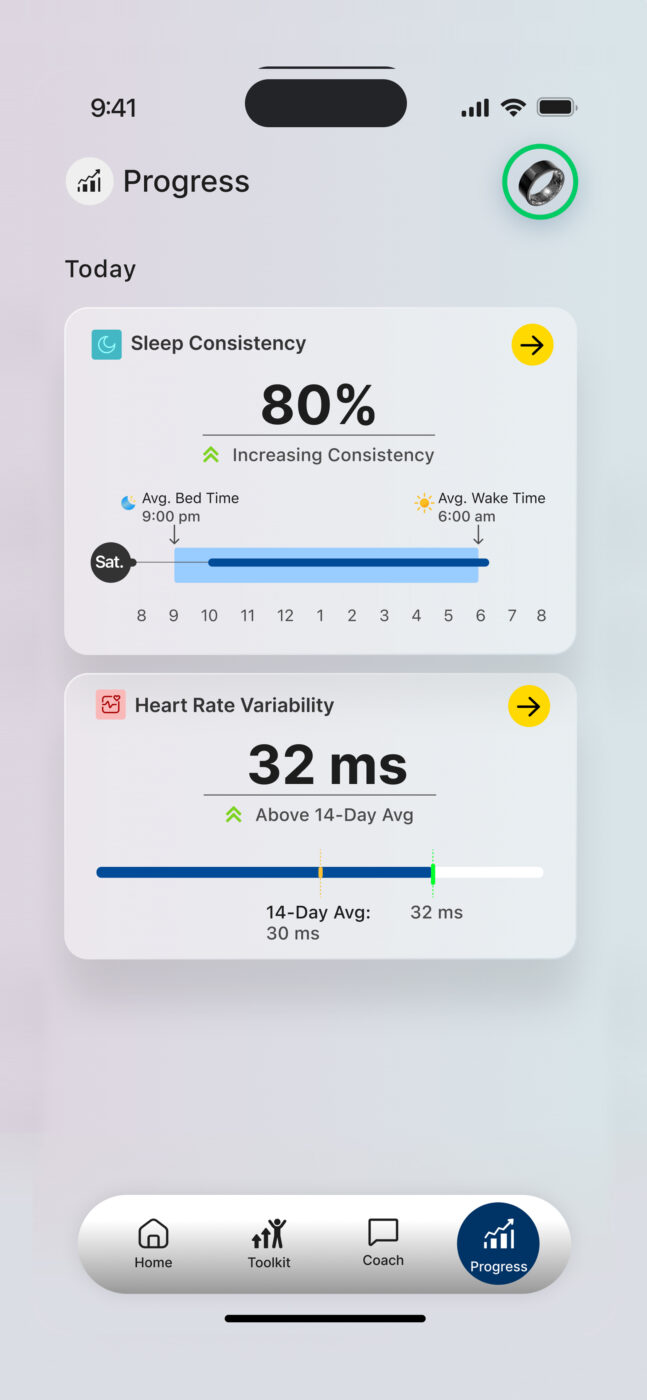
KEY BENEFITS
Most healthcare systems rely on subjective, lagging indicators of burnout. Arena Strive measures and moves burnout in 8 weeks using nationally validated benchmarks. Our science-backed tools teach clinicians to manage stress, recover more effectively, and optimize their energy for critical moments. On average, teams on Strive see a 30% reduction in burnout and an over 50% reduction in the number of people at high risk for turnover.
Arena Strive introduces the science of Predictive Performance™—a proven approach used in elite military units, athletics, and the performing arts—tailored for healthcare leadership. Strive produces data-driven insights so leaders can understand the subtle, often invisible currents of stress among your staff. Understanding your workforce in aggregate allows for targeted wellbeing and operational interventions to optimize team performance and help your hospital succeed.
Burnout affects outcomes for both clinicians and patients. But, human nature is to avoid a “broken” narrative. Similar to PTSD in the military, more briefings and resources do not solve the problem. At Arena, we instill the aspirational narrative of human flourishing. The tools that make a physician or nurse perform their best – better sleep, better stress management, more time doing the things they love outside of work – also reduce burnout. And, when your team is normalizing a conversation about performance by talking about the tools they’re using on Arena Strive, your culture begins to shift.
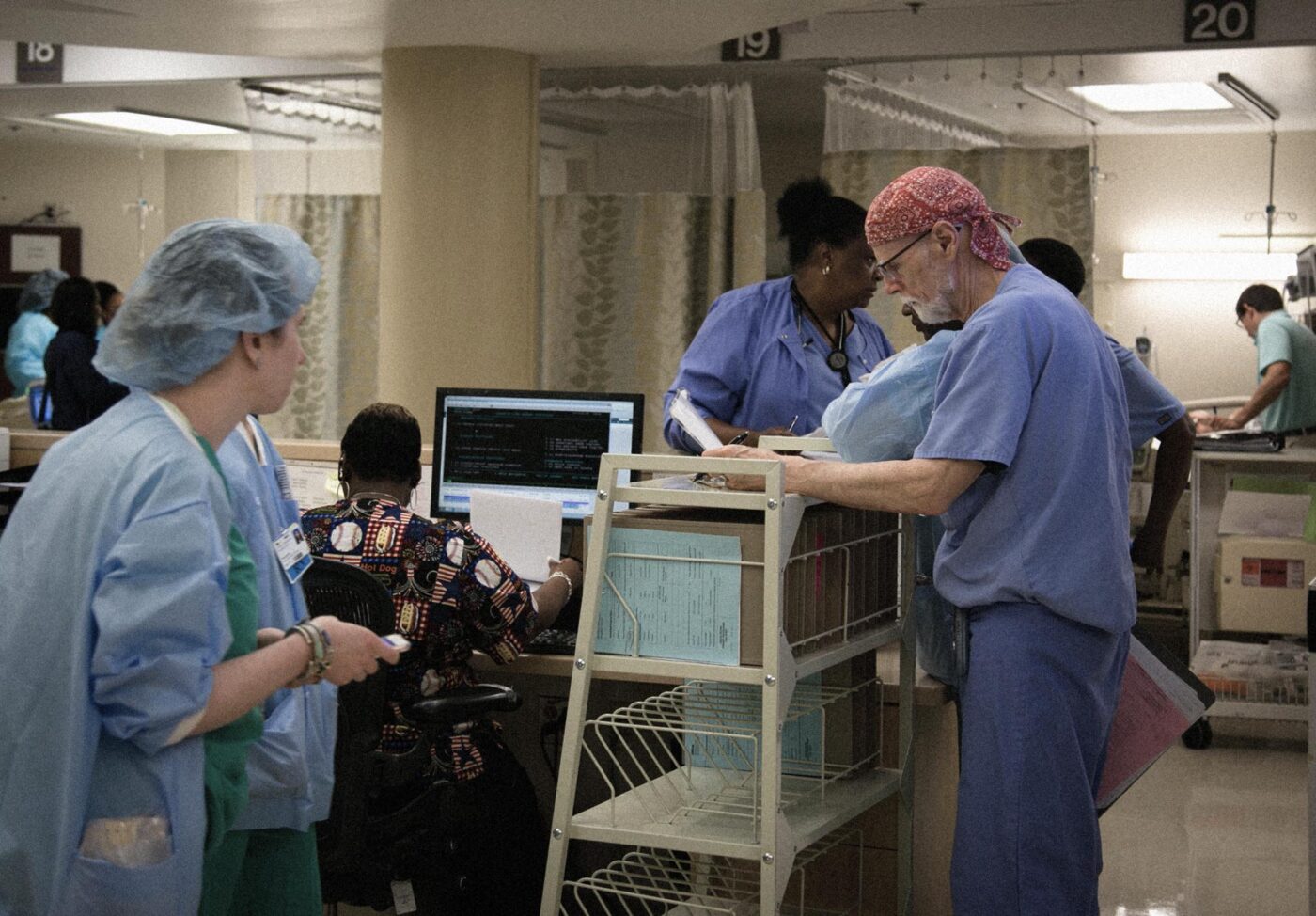

Become a Partner
Ready to transform your hospital?
Implementing Arena Strive is simple and scalable. Our partnership process ensures that you have a clear understanding of the expected outcomes, from enhanced team performance to improved patient care.
Ready to pursue a higher standard at your institution?
Contact us to discuss pricing options and how Arena Strive can support your institution’s unique needs. We’ll work with you to create a solution that delivers the greatest value to your team and your patients.

